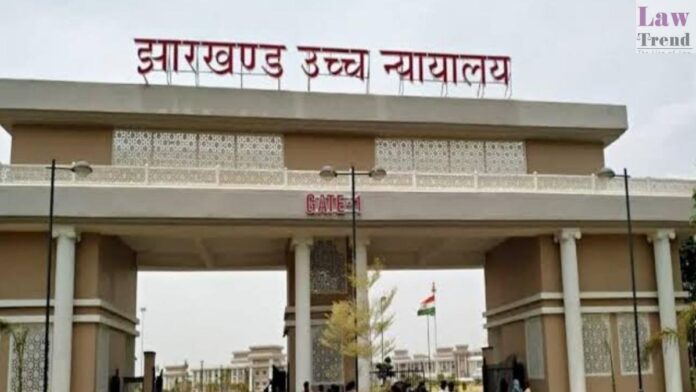The High Court of Jharkhand, in a significant ruling on the maintainability of successive anticipatory bail applications, has rejected a third such plea filed by Harish Kumar Pathak. The Court, presided over by Justice Sanjay Kumar Dwivedi, held that there were no fresh grounds to entertain the application, as the issues raised had already been
To Read More Please Subscribe to VIP Membership for Unlimited Access to All the Articles, Download Available Copies of Judgments/Order, Acess to Central/State Bare Acts, Advertisement Free Content, Access to More than 4000 Legal Drafts( Readymade Editable Formats of Suits, Petitions, Writs, Legal Notices, Divorce Petitions, 138 Notices, Bail Applications etc.) in Hindi and English.




